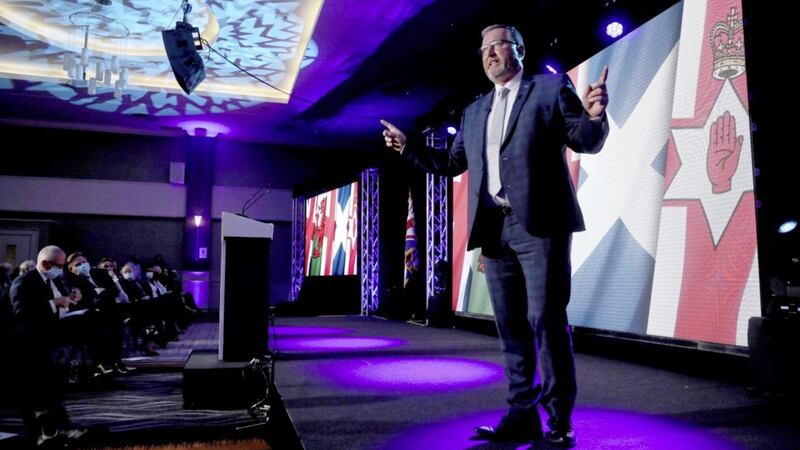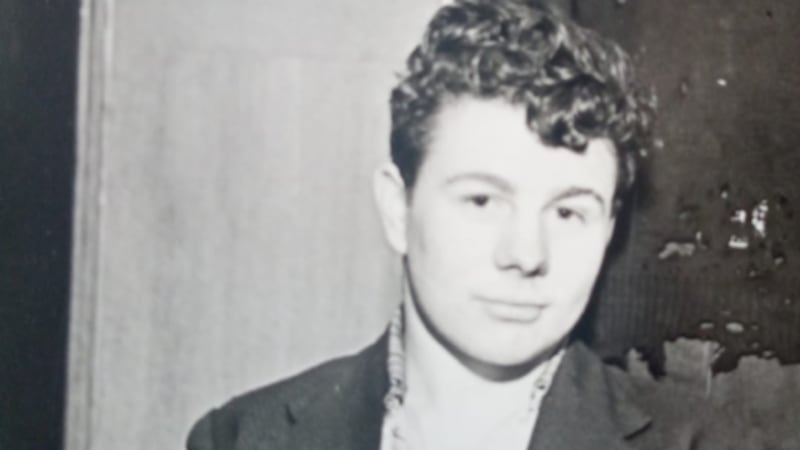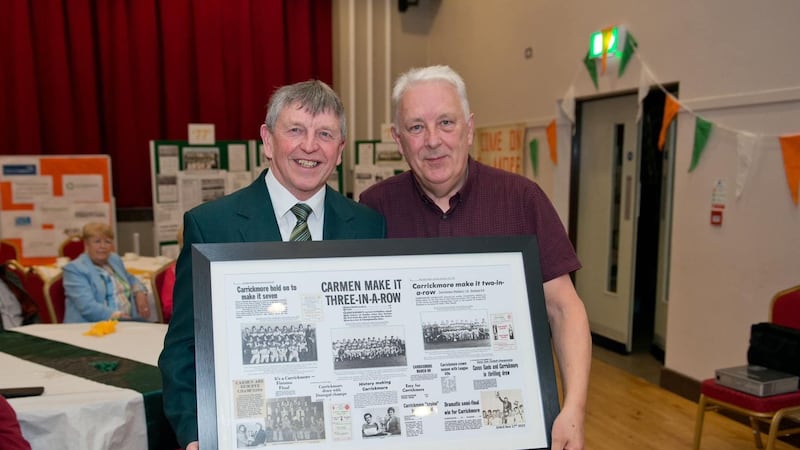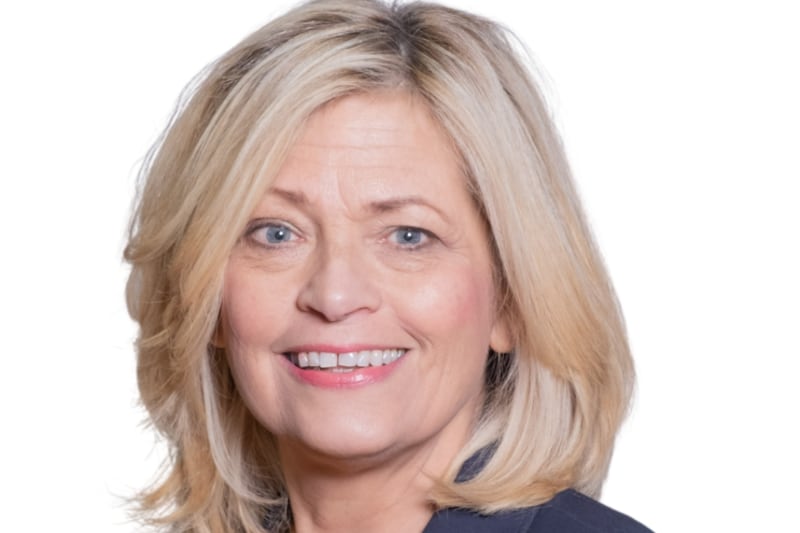DOUG Beattie has called time on Stormont’s mandatory coalition, claiming the current arrangements only deliver “pitiful outcomes and mutual veto”.
The Ulster Unionist leader said the power-sharing institutions needed not only a working government but an “opposition to hold them to account” – a hint that his party may not automatically take any seats in the next executive.
Addressing the first UUP conference since the autumn of 2018, and the former army captain’s first since becoming leader in May this year, Mr Beattie said the Good Friday Agreement needed to return to its “factory settings”.
He bemoaned the “Frankenstein changes” made to the accord at St Andrews, saying they had removed elements endorsed by referendum in 1998.
“Stormont has become dysfunctional and people are angry,” he told an audience of around 300 party faithful at Belfast’s Crowne Plaza hotel on Saturday.
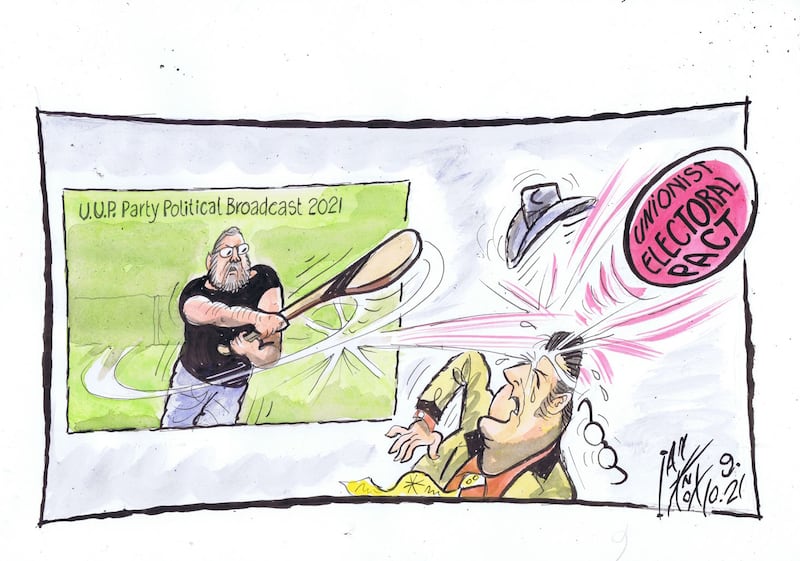
“Mandatory coalition and other measures that were supposed to be about minority protection have been used and abused for the purpose of frustrating the executive and the assembly.”
He argued that mandatory coalition “no longer delivers good government” and that a working power-sharing government, with an opposition would “put the electorate in the driving seat and allow them to vote out those not up to the role”.
“The changes made at St Andrews have created an un-moveable power base for the DUP and Sinn Féin coalition, that is continually creating a sectarian headcount at elections where we vote to keep the others out instead of voting for policies and vision,” he said.
“If people want a DUP and Sinn Féin coalition then let them vote for it based on their performance in delivering – if they want something better, something different, then it is in their hands.”
Mr Beattie restated his opposition to the Northern Ireland Protocol, claiming that among its “many issues” was what he termed a “built-in instability that will raise tensions every time we have an election”.
“From a sectarian headcount we are about to begin a protocol headcount which will take precedence over all other issues,” he said.
He said UUP warnings about Brexit and the protocol had been ignored but his party was still seeking solutions.
Ahead of an election campaign where the DUP use the possibility of a Sinn Féin first minister as a scare tactic, Mr Beattie said he wanted to “end the nonsense” that there is a difference between the roles of first and deputy first minister.
“One cannot even send a letter without the other signing it too,” he said.
He outlined plans for envoy-like roles for former party leaders Mike Nesbitt and Sir Reg Empey, targeting the US and Europe, respectively.
He said for too long unionism had been “viewed as negative, backward and angry”. Yet, he said, some of the north’s “most socially liberal” were unionists or loyalists.
“So I want to enhance our message through engagement,” he said.
“That means taking our message to others on this island and within the wider United Kingdom but we must go further, we must make friends in other countries in order to promote our vision of unionism and move away from the negative viewpoint many have off it.”
The UUP leader said his vision of unionism is “confident, positive, progressive and inclusive”.
He said campaigning for a united Ireland was a “fair aspiration” and that “those with different political aspirations to us” should not be feared.
“But it is not my aspiration or vision,” he said.
“My aspiration is for Northern Ireland to remain part of the United Kingdom through the good times and the hard times.”
